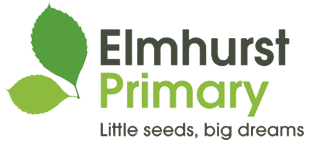On Thursday 6th June 2024, the London North East Maths Hub hosted a Maths SEND conference led by the esteemed SEND Maths expert Les Staves. Les Staves has taught children with special needs since 1973 and was head of Turnshaws School, an outstanding school for children with ‘severe’ or ‘complex learning difficulties’ in West Yorkshire. For the last three decades, he has been working as a consultant and trainer sharing his remarkable expertise in, and undeniable passion for, mathematics for children with SEND. Les has also authored several leading publications on this area of education, including Very Special Maths: Developing Thinking and Maths Skills for Pupils with Severe or Complex Learning Difficulties. In short, Les is a world-leading expert in his field and he did not disappoint with his visit to Elmhurst Primary! The theatre was packed out with teachers, teaching assistants and senior leaders who had come to learn from Les and develop their practice.
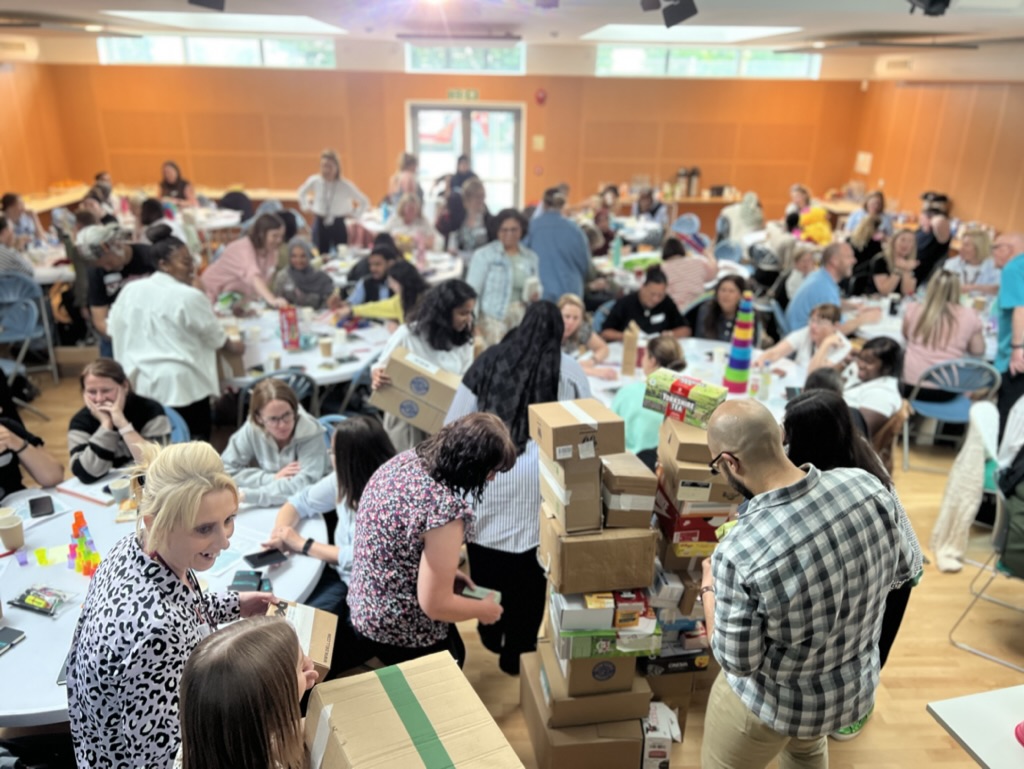
The conference was divided into two parts. Firstly, Les explored what he has termed ‘the roots of maths’ with the attendees. This included concepts such as object permanence, visual tracking and the edges of objects and bodies. Les described maths as ‘an essential language of living’ because it describes changes in quantity, space and time and as a foundational aspect of communication; we cannot navigate the world with ease without understanding or communicating concepts such as what comes first, last, before, after or we cannot request more of something or understand where something is. He shared numerous examples of how appreciating relationships, such as the biscuits in the tin are getting low and I need to get some more to fill it up, lead to a richer life.
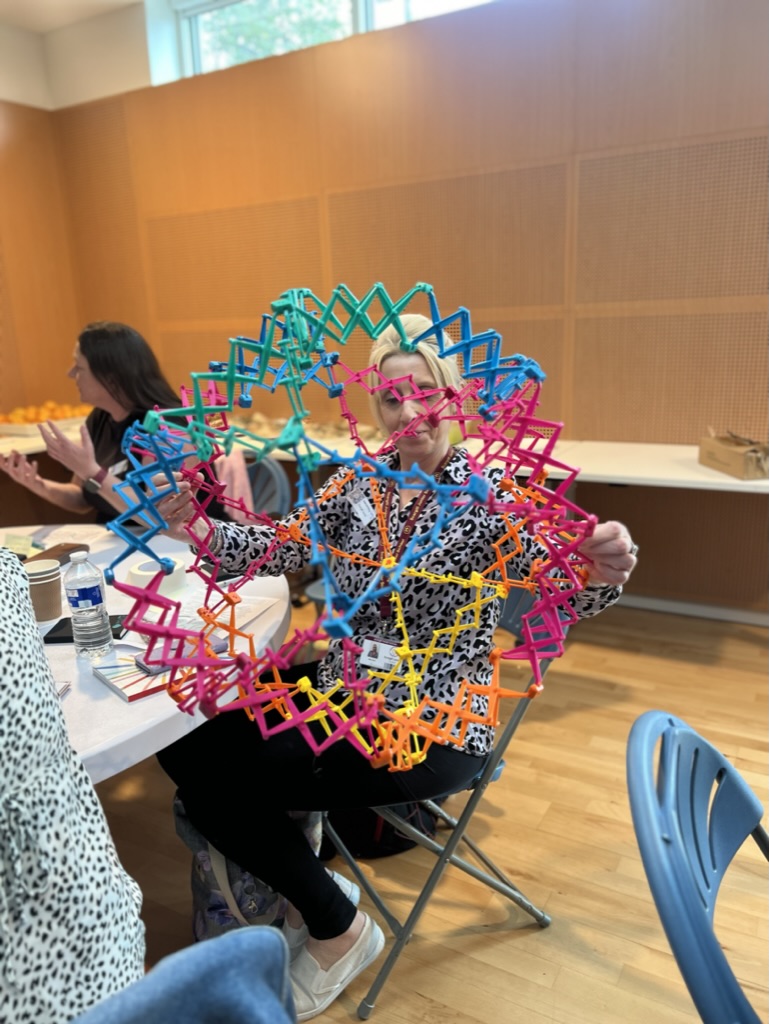
With characteristic humour and powerful anecdotes from his years of teaching, Les demonstrated that mathematics learning empowers children and their families to have a more fun, meaningful and fulfilling lives. Children who learn to explore cylinders become children who learn to roll pizza dough and prepare pizza for their families. Children who learn about their body in space and in relation to objects become children who can feed themselves.
Les clearly illustrated that to engage in mathematics is to develop communication, have fun, strengthen relationships, explore the beauty of the world, make choices and have self-agency. All of which make for a more fulfilling, happier life. He went on to describe maths as ‘a tool of the imagination’ because to walz is to engage in number and to feel a sculpture beneath your hands is to engage in the properties of shape and space. We want all of this and more for our children at Elmhurst!

At the heart of Les’ conference was playfulness and nurturing relationships. Children with special needs can learn best through play and the cycle of play is akin to the cycle of scientific exploration. Sensation, perception and attention were also key (overlapping) tenets of the learning. We gather mathematical information through our senses and Einstein himself said that his ‘mathematical thinking initially involves visual and muscular processes’. No wonder our hands and fingers are so important for maths learning– perhaps it is no coincidence that the word digits is used for both parts of the hands and numbers. We had lots of food for thought regarding hands-on learning for our children.
Les drew on the work of psychologists such as Cathy Nutbrown, sharing that play schemas such as dabbing, transporting, encircling have a mathematical foundation and a child’s natural play inclinations can be capitalised on by teachers and TAs for rich learning opportunities. We gained insight into infant development and how, almost magically (!) a baby’s reflexes become more intentional gestures over time, such as pointing. Over time, these patterns of gesture become schemas which are fundamental for learning specific mathematical skills such as counting. It is very hard to count if you cannot point at an intended item. In the second half of the conference, Les dived more deeply into the specifics of counting, quantity and subitising.
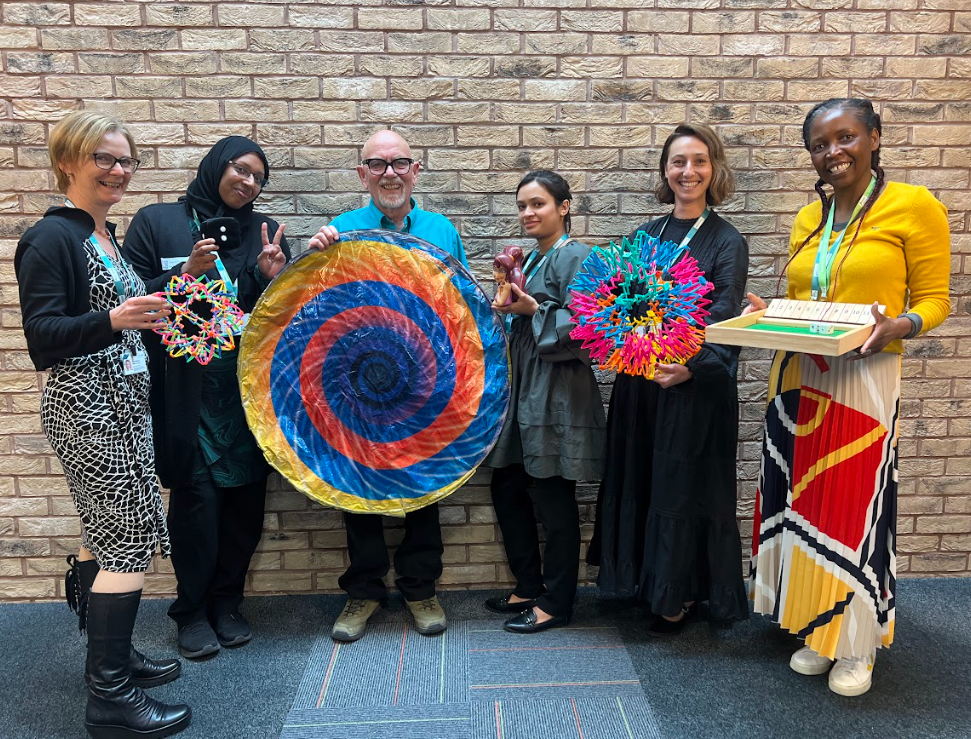
The conference created many opportunities to talk with educators from other schools and also reflect on how best to approach mathematics learning for our children within our unique settings. It was particularly valuable to have so many teaching assistants at the conference, given how deeply the teaching assistants know the children and just how valuable that knowledge is for the child’s success.
Ginny Reddick, the Maths Hub Lead for London North East Maths Hub and the Primary Teaching for Mastery Lead in Newham closed the conference with a few key reflection points and then thoughts from the conference participants:
- What’s better than a question? Perhaps a comment, an ‘ooh’ or maybe even just a moment of silence to allow for thinking.
- How can we celebrate ‘small steps’ for children. So-called small steps can be huge leaps that mean so much.
- Playfulness, when combined with professional subject knowledge, is a very powerful recipe.
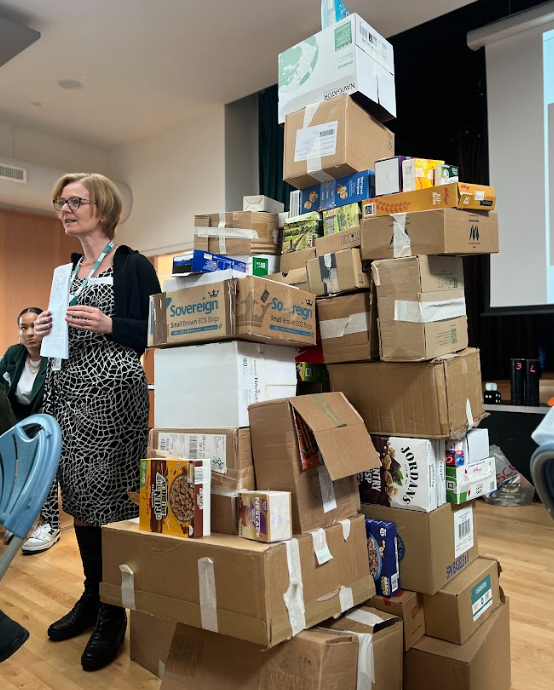
A very big thank you to Les Staves for sharing his subject expertise and enthusiasm. A huge thank you to all at the London North East Maths Hub for hosting such an excellent conference that will improve learning for some of our most vulnerable learners.
